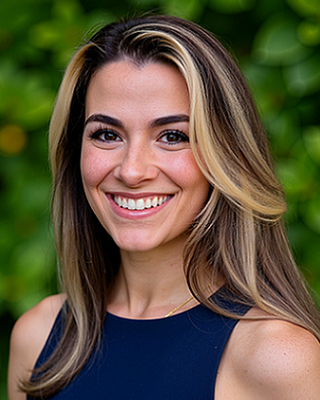
Camille Fioranelli-Ransom
Counselor in Training and Masters Student (Adler Graduate School, Clinical Mental Health Counseling)
“I believe healing happens when we dare to look beyond the surface—to the hidden depths that shape who we are. As a counselor-in-training, I strive to create a space where you feel safe to shed societal masks and explore your authentic self. Rooted in Jungian concepts, my approach helps clients uncover the deeper forces shaping their lives—unconscious patterns, personal narratives, and symbolic elements that often go unnoticed. My role is to walk beside you as a guide, offering a light in the darkness of your storm. By integrating multiple therapeutic lenses, I meet clients where they are, helping them gain insight, process emotions, and move toward healing and self-discovery.
Camille Fioranelli-Ransom is a counselor in training at Adler Graduate School, where she is completing her master’s degree in clinical mental health counseling. She also earned her bachelor’s degree in applied psychology and is a member of state and national professional counseling associations. While her formal education is grounded in Adlerian principles, her approach is primarily influenced by Jungian concepts, guiding the way she helps clients explore their unconscious influences, personal narratives, and paths to individuation. Camille is currently completing her clinical practicum at The Counseling Center at Tree City under the supervision of Susan Ozimkiewicz, LCPC, NCC.
Camille primarily utilizes a depth-oriented psychotherapeutic approach, working with individuals who feel stuck, disconnected, or uncertain about their path. She blends Jungian and Adlerian perspectives to explore the deeper forces at play in clients’ lives, using approaches such as dream analysis, shadow work, and symbolic exploration. More than anything, Camille seeks to truly see her clients in the deepest sense of the word—to understand them beyond their roles, defenses, or past wounds. She provides a space where they can feel genuinely known, not just as who they think they should be, but as their most authentic selves.”